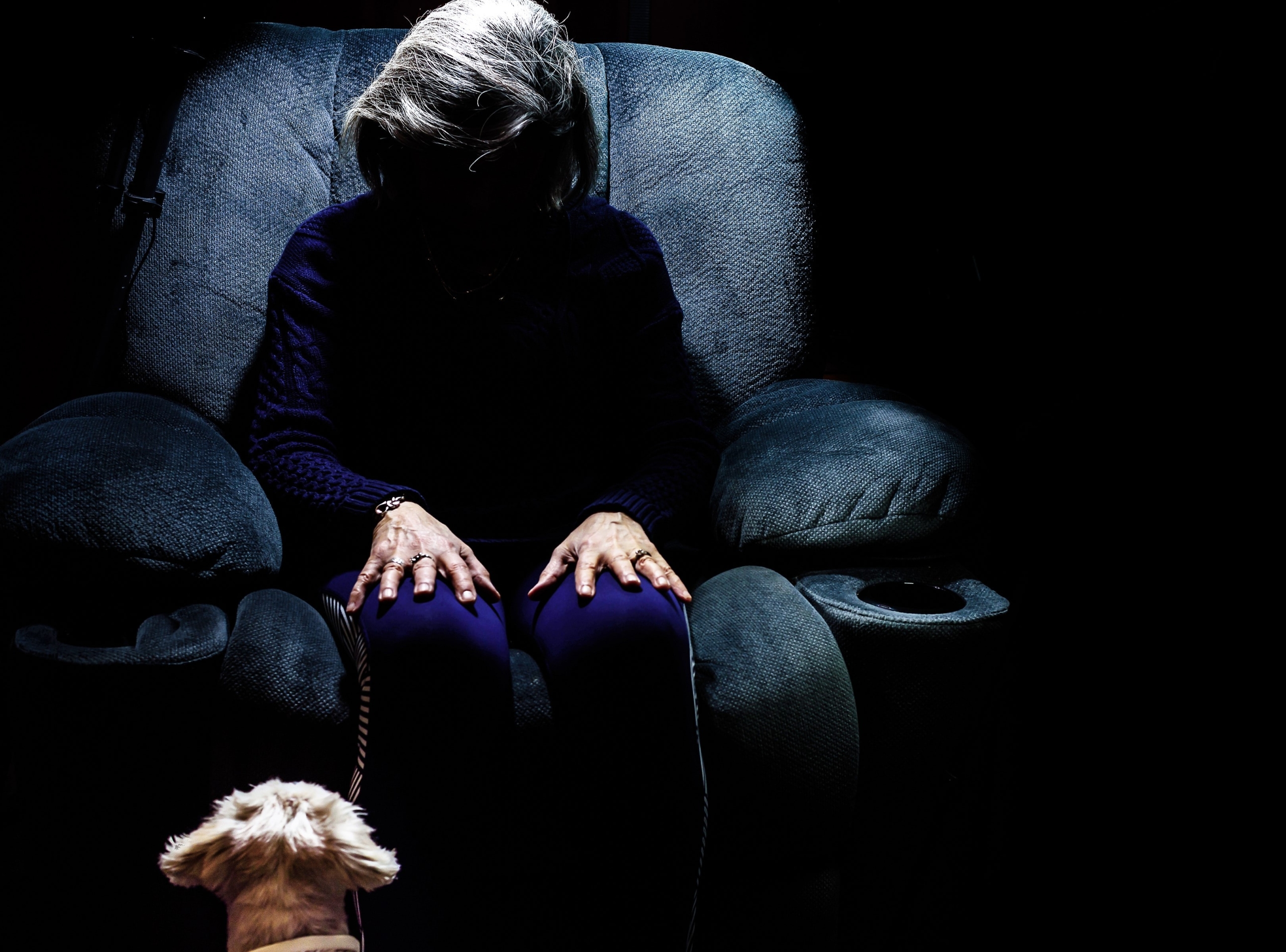Human beings are social creatures, and being separated from other people for long periods can have devastating effects on anyone, but the problem is especially critical for the elderly. The COVID-19 pandemic forced millions of people to distance themselves from others or run the risk of catching the deadly disease. That isolation resulted in unprecedented numbers of isolated seniors and growing concerns about the impact of loneliness on their mental health.
Thousands of California seniors were already alone before the pandemic, and forced isolation increased their chances of suffering health problems. Studies show that loneliness and isolation can harm health, but when families and the elderly recognize the signs and complications of isolation, they can take steps to improve seniors’ quality of life.
Isolation Vs. Loneliness
There is a difference between isolation and loneliness. Knowing the difference is essential since it determines how to approach the problem. Isolation is described as having too few or no social relationships, while loneliness is defined as having relationships but too little contact with others.
Those who are isolated may live miles from the closest neighbor. They are alone for nine or more hours a day, do not have a phone, and rarely visit anyone. An isolated person tends to live alone, has no close relatives, and has little contact with neighbors.
Seniors described as lonely want more friends, do not have a confidant, do not have friends or relatives who are close enough to see regularly, and rarely meet new people. They may have spent the last Christmas alone.
Either issue can be complex for seniors, especially if they also need help with everyday tasks or self-care. Many improve their quality of life when they move to an assisted living community that provides a social life, personal support, and enhanced security.
Factors That Contribute to Isolation
Even without a crisis like the pandemic, factors in seniors’ lives can make them prone to isolation. They may not have cars, are not strong or stable enough to walk places, and are afraid to use public transportation. According to MedicareAdvantage.com, the elderly can remain isolated because they are cut off from resources or benefits they are eligible to receive.
Seniors are more likely to become isolated if they:
- Have a low income
- No longer have a sense of community
- Are unaware of helpful community programs
- Fear ageist attitudes that prevent them from participating in community activities
- Have experienced a life transition such as a death in the family or loss of their driver’s license
Loneliness and Isolation Impact Health
A recent report by The National Institutes of Health stated, “there is a high cost associated with the essential quarantine and social distancing interventions for COVID-19, especially in older adults, who have experienced an acute, severe sense of social isolation and loneliness with potentially serious mental and physical health consequences.”
Statistics show that prolonged isolation increases a person’s chances of dying from all causes and may pose the same risk as physical inactivity, smoking, and obesity. Poor socialization is associated with an increased risk of heart disease and stroke.
Isolated seniors have a 50% greater risk of developing dementia, which can mean moving to a memory care community to improve their quality of life. Isolation can lead to higher anxiety, depression, and suicide rates.
Heart failure patients who are lonely are almost four times as likely to die, have a 68% higher chance of being hospitalized, and a 57% higher rate of emergency department visits.
Taking Steps to Prevent Isolation
Although isolated seniors often have few friends or family members to turn to, they can typically get help through community resources or healthcare providers. Nearly all of the elderly are in contact with doctors or the healthcare system, which is a chance for them to discuss their issues and ask for assistance.
The elderly can often benefit from moving to a senior community that provides social interaction and the resources to keep them engaged in life. However, seniors must make their own decision since many enjoy living alone.
The Gardens of Sun City in Sun City, AZ, is a senior community offering assisted living and memory care. It is a beautiful, friendly community that promotes residents’ well-being and allows them to connect and live their best lives.

